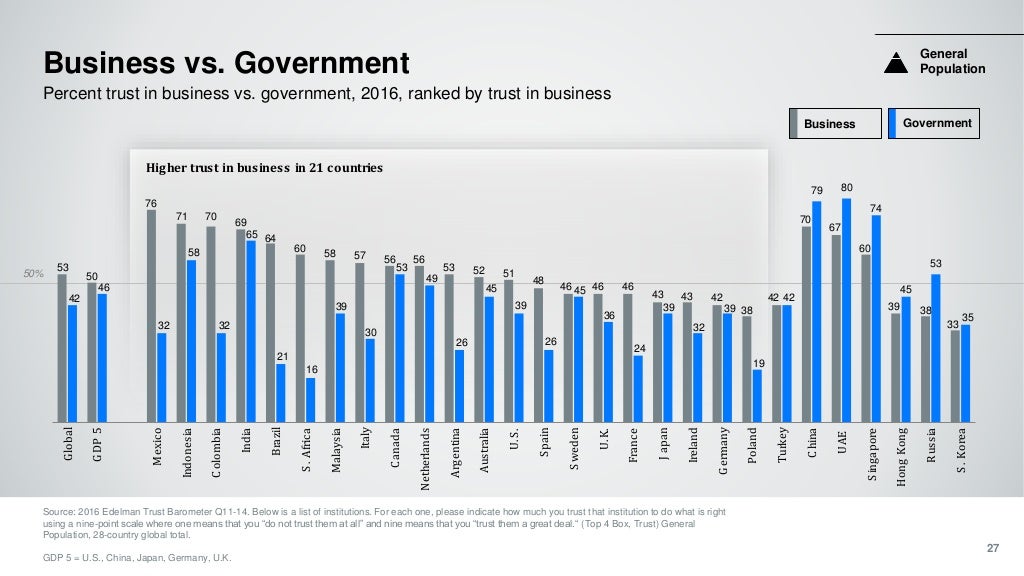Turning the petty things that divide us into damaging witch-hunts
Nicholas
Monsarrat’s best selling 1950’s novel, “The Tribe that Lost its head”, has a lasting and
universal message. Stripped of its racial overtones, unacceptable and even
offensive in our context, it remains a frightening illustration of what can
only be called collective madness. It’s an affliction that can strike any
nation or group. History has many examples, both ancient and modern; sometimes
as nations but mostly as divisive groups within a society.
There
are many things that can keep news followers awake at night – the plight of
refugees, hunger, poverty, and for those with an economic bent, the enormous
financial overhang that has put markets on a trampoline where no-one can be
quite sure whether the next descent will crash through the elastic mat. There
are many more at home.
One
that still gives me bouts of insomnia is the continued presence and expansion
of an ominous imperceptible cancer in our society. It is that collective
madness or mob mentality which on the surface may appear insignificant and
perhaps even benign, but under a microscope reveals its malignant and terminal
threat to the whole body.
Such
a lump or wart is the perhaps trifling incident of those two Stellenbosch
University first year female students, whose body painting frolics brought upon
them the wrath of a procedural nightmare, bizarre bureaucratic bullying and a wave
of hysteria from the Open Stellenbosch group. The whole incident, including if
you must, the clearly feigned and expedient outrage of a trigger happy
marginalising collective, should have, and could have, been attributed to
raging adolescent hormones that so often drive zealots on campus. Many adults have
either witnessed or been part of such things. They do play a significant role
in society, are valid reflectors of social ills and ultimately can and should effect
social change.
A
new and reckless feature, practiced at many levels including leadership, has
taken hold in the discourse on race. They are acts and utterances of outrageous
provocation simply “to keep the conversation alive”. It is like using an
electric cattle prod to wake someone up. What makes this incident deplorable is
the cavalier scapegoating of two young innocents, and amplification first
through social and then mainstream media into an already highly charged racial
atmosphere. Then the Salem witch-hunt comes to mind: recorded in the annals of history
but equally ominous as Monsarrat’s fiction, and perhaps even having
metaphorical similarities. The events have been well-documented, immortalised in a museum and also made into a movie.
The
current obsessive gibbering, insults, accusations and innuendos have clearly mostly
become irrational and are detracting from finding tangible and lasting answers
to a highly complex problem but one that also holds within it the large and
noble promise of peaceful multi-culturism. Very little of what is coming from
social and political leadership is helping: indeed the largest part is highly
counter-productive, expedient and perilous. In these things, our behaviour can
take a valuable lesson from physics.
There is no such thing as cold,
only an absence of heat. There is no such thing as darkness, only an absence of
light. There is no such thing as evil, only an absence of good. You dispel cold
by spreading heat. You dispel darkness by spreading light. Similarly, you
dispel evil by spreading good. And you dispel hate by spreading love.
It’s a bit “Hallmarkish” to be
sure, and no doubt some budding Einstein will contradict my high school
science. It is also counter-intuitive to the lessons of early youth that has
cemented the concept of a personified Satan, a living menace that has to be
beheaded or at the very least driven behind our backs. The thing about physics
is that it teaches us about cause and effect, and those lessons apply equally
to tangible forces as they do to behaviour. It is simply a way of reflecting from
a different perspective Edmund Burke’s immortal words: “The only thing
necessary for the triumph of evil is for good men to do nothing.”
History, including our own,
constantly bears testimony to that. One simply cannot eliminate evil and leave
a vacuum. For in that vacuum even greater evil will flourish. We need not look
further than the tragic headlines reflecting the nightmare in the Middle East.
Driven by some self-righteous psychosis, Western powers took down Iraqi dictator Saddam Hussein, left a country in total chaos and ensured the birth of ISIL. Those events, with the same
motives and the same results, were repeated in Libya and the demise of
Muammar Gaddafi. Not long after that attention turned to Syria and the specter of Bashar al-Assad.
To
be clear, the current Middle East calamity is a multi-facetted mess that simply
does not brook over-simplification, but one has to wonder whether much more
would not have been achieved by resisting a knee jerk response in the drawing
of swords, by simply spreading good where there was evil; aid where there was
suffering; knowledge where there was ignorance and food where there was hunger.
Too
much of what is happening in South Africa seems to be following the same
perilous logic: simply tearing down instead of building up. There is a magic
wand. We simply don’t know how to switch it on.
It
is called empathy.



